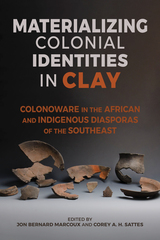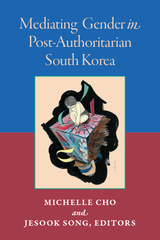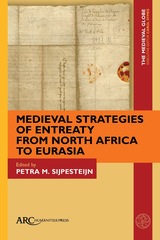5 start with H start with H
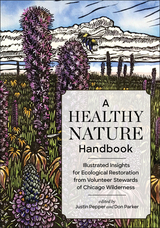
A Healthy Nature Handbook captures hard-earned ecological wisdom from this community in engaging and highly readable chapters, each including illustrated restoration sequences. Restoration leaders cover large-scale seeding approaches, native seed production, wetland and grassland bird habitat restoration, monitoring, and community building.
Contributions from local artists bring the region’s beauty to life with vibrant watercolors, oil paintings, and sketches. A Healthy Nature Handbook is packed with successful approaches to restoring nature and is a testament to both the Chicago region’s surprising natural wealth and the stewards that are committed to its lasting health.
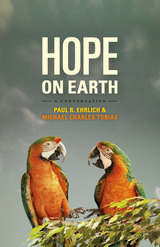
Both Ehrlich and Tobias argue that we are on the verge of environmental catastrophe, as the human population continues to grow without restraint and without significant attempts to deal with overconsumption and the vast depletion of resources and climate problems it creates. Though their views are sympathetic, they differ in their approach and in some key moral stances, giving rise to a heated and engaging dialogue that opens up dozens of new avenues of exploration. They both believe that the impact of a human society on its environment is the direct result of its population size, and through their dialogue they break down the complex social problems that are wrapped up in this idea and attempts to overcome it, hitting firmly upon many controversial topics such as circumcision, religion, reproduction, abortion, animal rights, diet, and gun control. For Ehrlich and Tobias, ethics involve not only how we treat other people directly, but how we treat them and other organisms indirectly through our effects on the environment. University of California, Berkeley professor John Harte joins the duo for part of the conversation, and his substantial expertise on energy and climate change adds a crucial perspective to the discussion of the impact of population on global warming.
This engaging and timely book invites readers into an intimate conversation with some of the most eminent voices in science as they offer a powerful and approachable argument that the ethical and scientific issues involved in solving our environmental crisis are deeply intertwined, while offering us an optimistic way forward. Hope on Earth is indeed a conversation we should all be having.
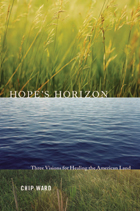
At a time of widespread environmental pessimism, Hope's Horizon goes on an inspirational offensive. In this entertaining and thought-provoking book, author Chip Ward tells of his travels among a new generation of activists who are moving beyond defensive environmental struggles and advocating pioneering, proactive strategies for healing the land.
Chip Ward's three-year odyssey took him behind the scenes of efforts to reconnect fragmented habitats and "re-wild" the North American continent; the campaign to drain Lake Powell and restore Glen Canyon to its natural state; and the struggle to keep nuclear waste off Western Shoshone ancestral lands and, ultimately, to abolish all nuclear power and weapons. These movements, and the practical visionaries leading them, challenge readers with a new paradigm in which land is used in a spirit of collaboration with natural systems rather than domination of them. Broad in its sweep, Hope's Horizon uses its topical subjects as springboards for exploring how we can redefine our place in the world while restoring damaged habitats, replenishing lost diversity, and abandoning harmful technologies.
Lively, literate, and free of the grimness that characterizes so much environmental writing, Hope's Horizon will change the way readers see the world. It makes complicated concepts and issues accessible, and wild ideas compelling. And while the book's starting point is a hard-nosed indictment of humanity's failed stewardship of the earth, the stories that follow tell of catalytic optimism and ecological wisdom in the face of self-destructive habit and blind pride.
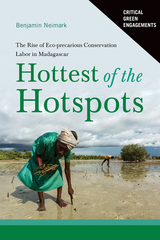
This book details the rollout of market conservation programs, including the finding of drugs from nature—or “bioprospecting”—biodiversity offsetting, and the selling of blue carbon credits from mangroves. It documents the tensions that exist at the local level, as many of these programs incorporate populations highly dependent on the same biodiversity now turned into global commodities for purposes of saving it. Proponents of market conservation mobilize groups of ecologically precarious workers, or the local “eco-precariat,” who do the hidden work of collecting and counting species, monitoring and enforcing the vital biodiversity used in everything from drug discovery to carbon sequestration and large mining company offsets.
Providing a voice for those community workers many times left out of environmental policy discussions, this volume proposes critiques that aim to build better conservation interventions with perspectives of the local eco-precariat.
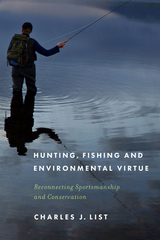
In his argument, List examines the connection between certain activities and the development of virtue in the classical sources, such as Aristotle and Plato. He then explores the work of Aldo Leopold, identifying three key environmental virtues that field sports instill in practitioners in the kind of conservation advocated by Leopold and others.
After reviewing several powerful philosophical objections to his viewpoint, List considers the future of environmental sportsmanship. He suggests that, in order to incorporate a revived connection between field sports and environmental virtue, the practice of hunting and angling must undergo changes, including shifts that would impact hunter education, civic engagement, the role of firearms, our understanding of “game” animals, and alliances with other sorts of outdoor recreation.
Hunting, Fishing, and Environmental Virtue will appeal to academics interested in the ethical issues surrounding hunting and fishing, professionals in wildlife management, and hunters and anglers interested in conservation.
READERS
Browse our collection.
PUBLISHERS
See BiblioVault's publisher services.
STUDENT SERVICES
Files for college accessibility offices.
UChicago Accessibility Resources
home | accessibility | search | about | contact us
BiblioVault ® 2001 - 2024
The University of Chicago Press


